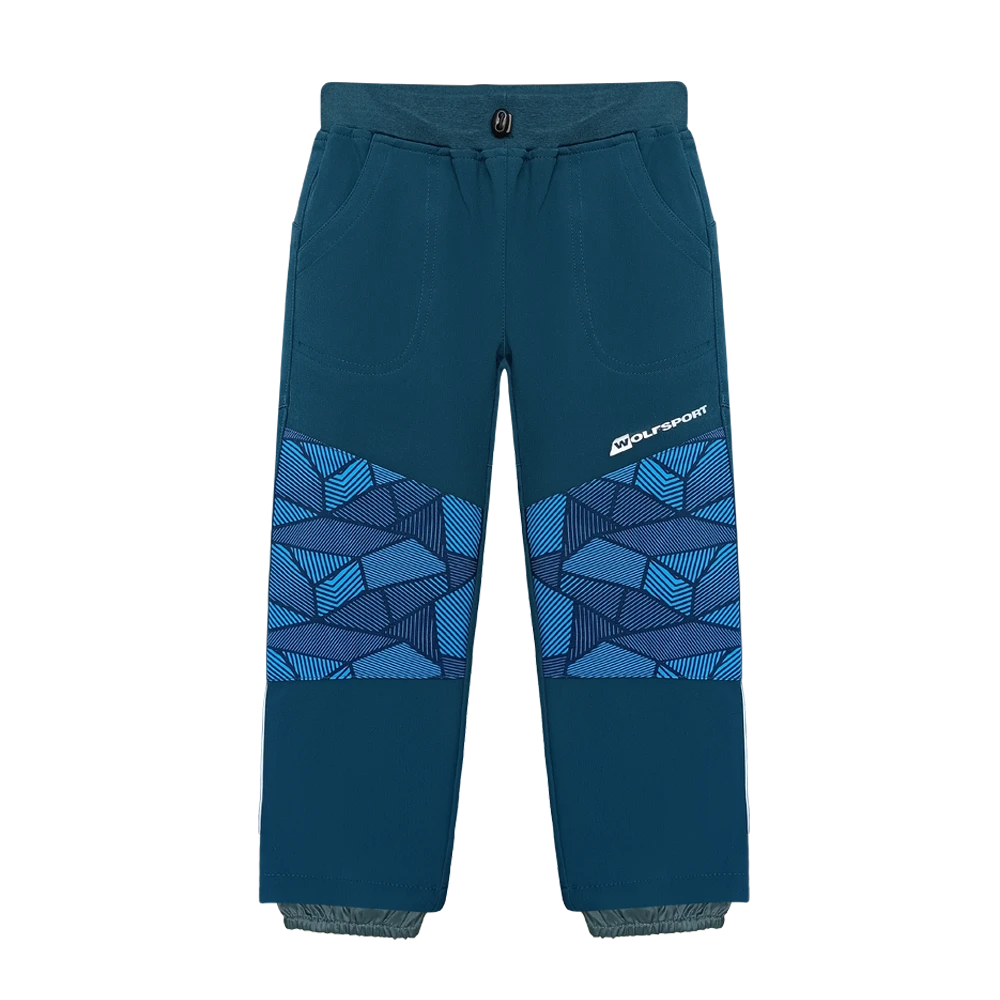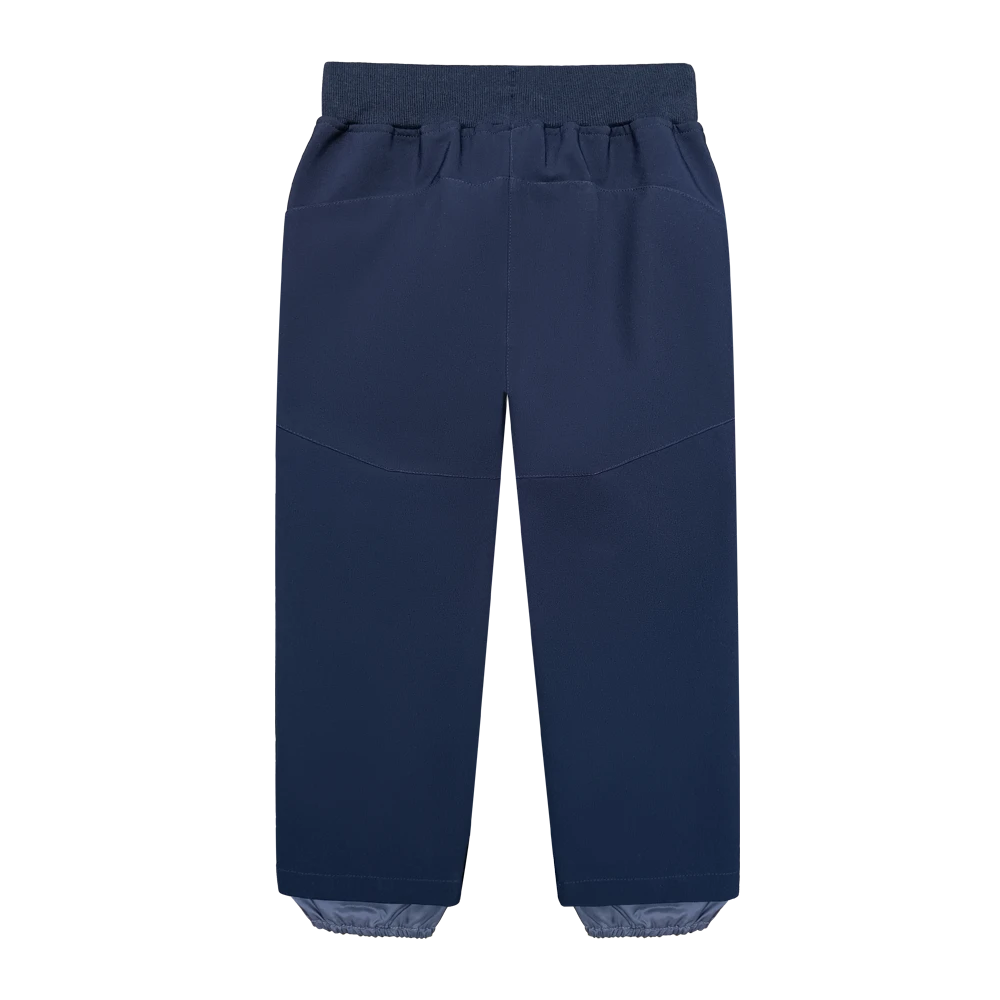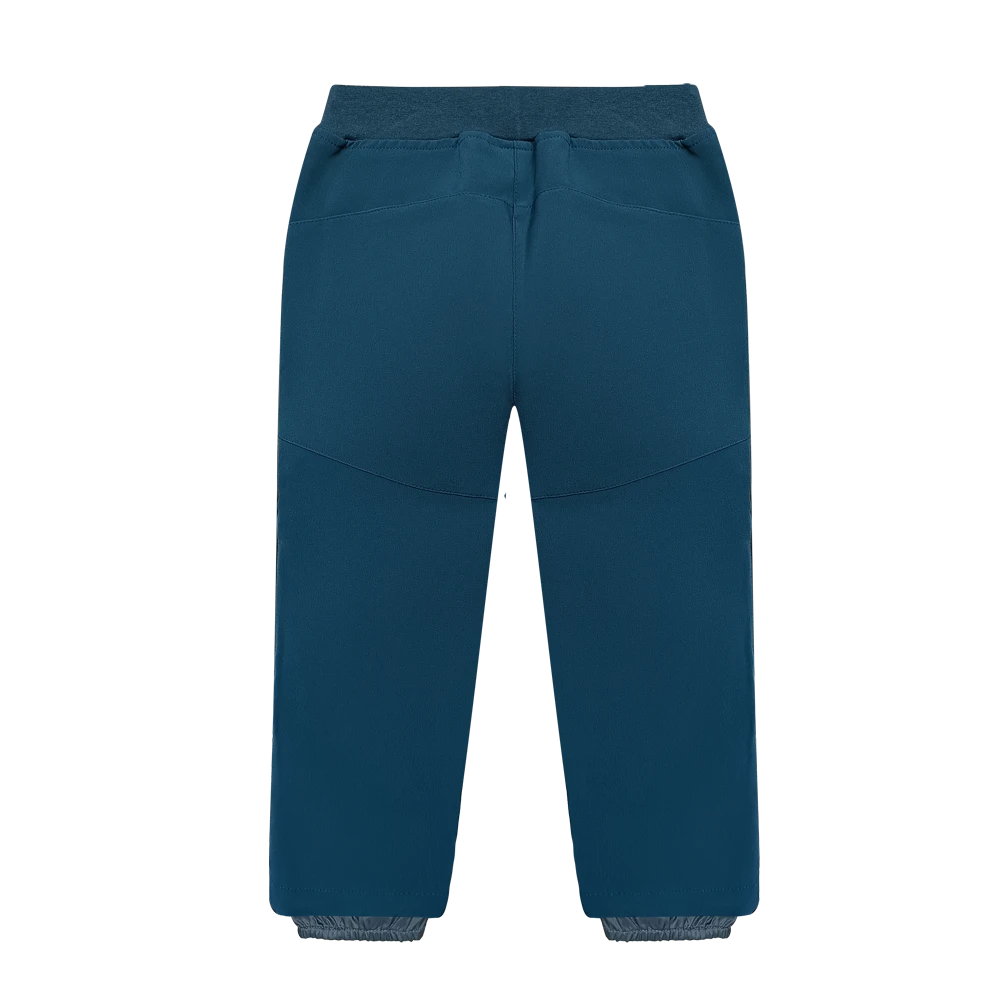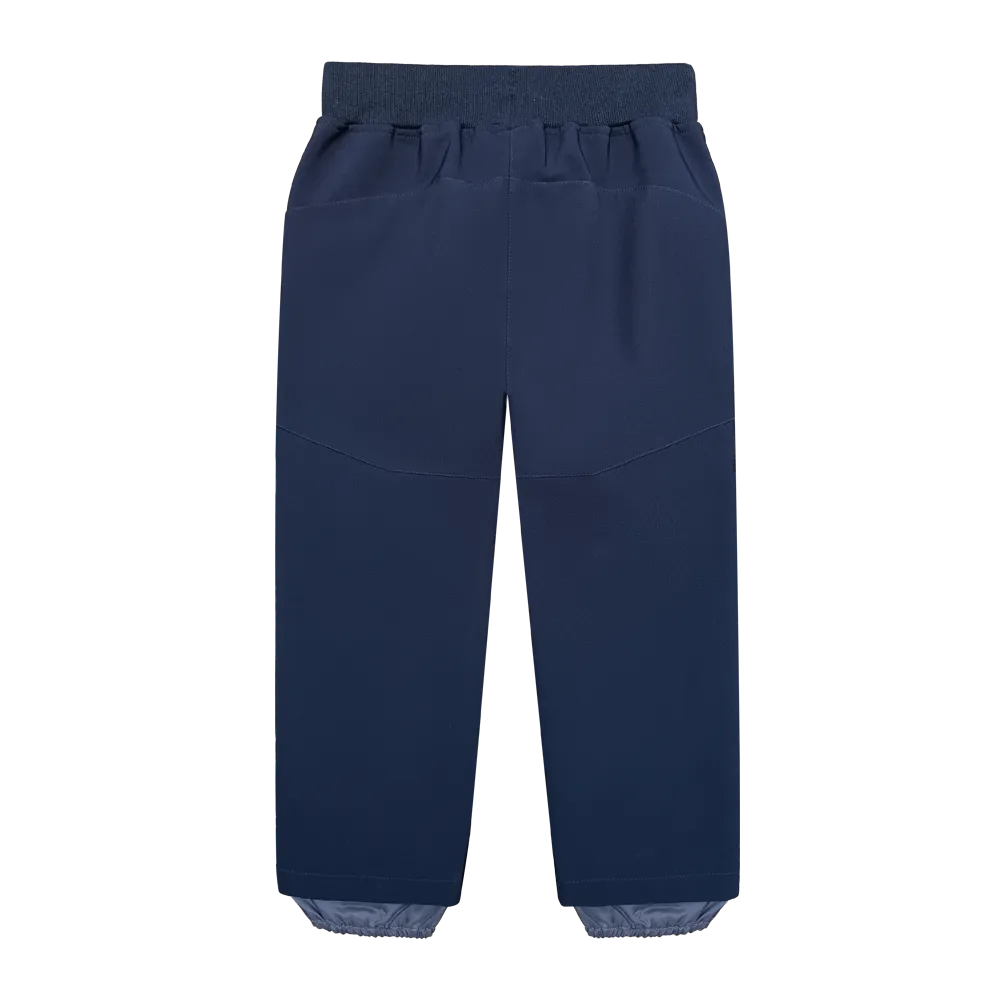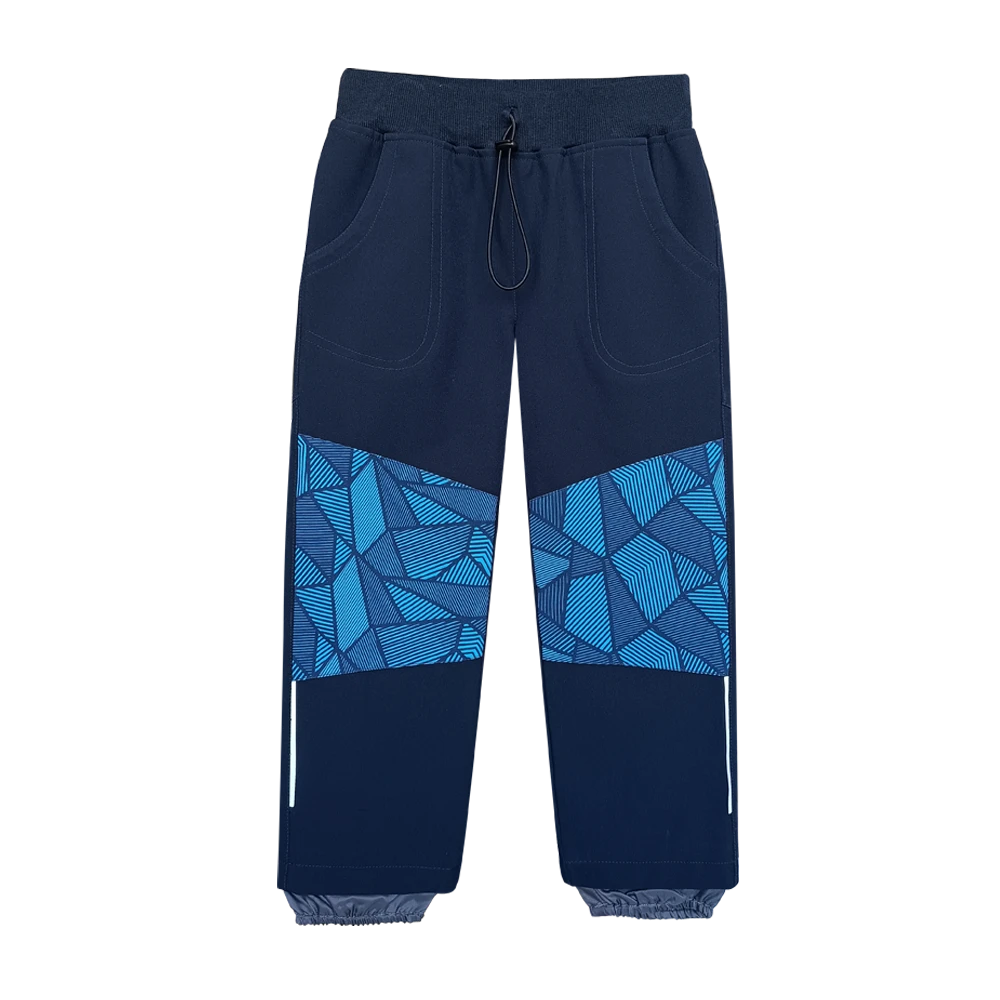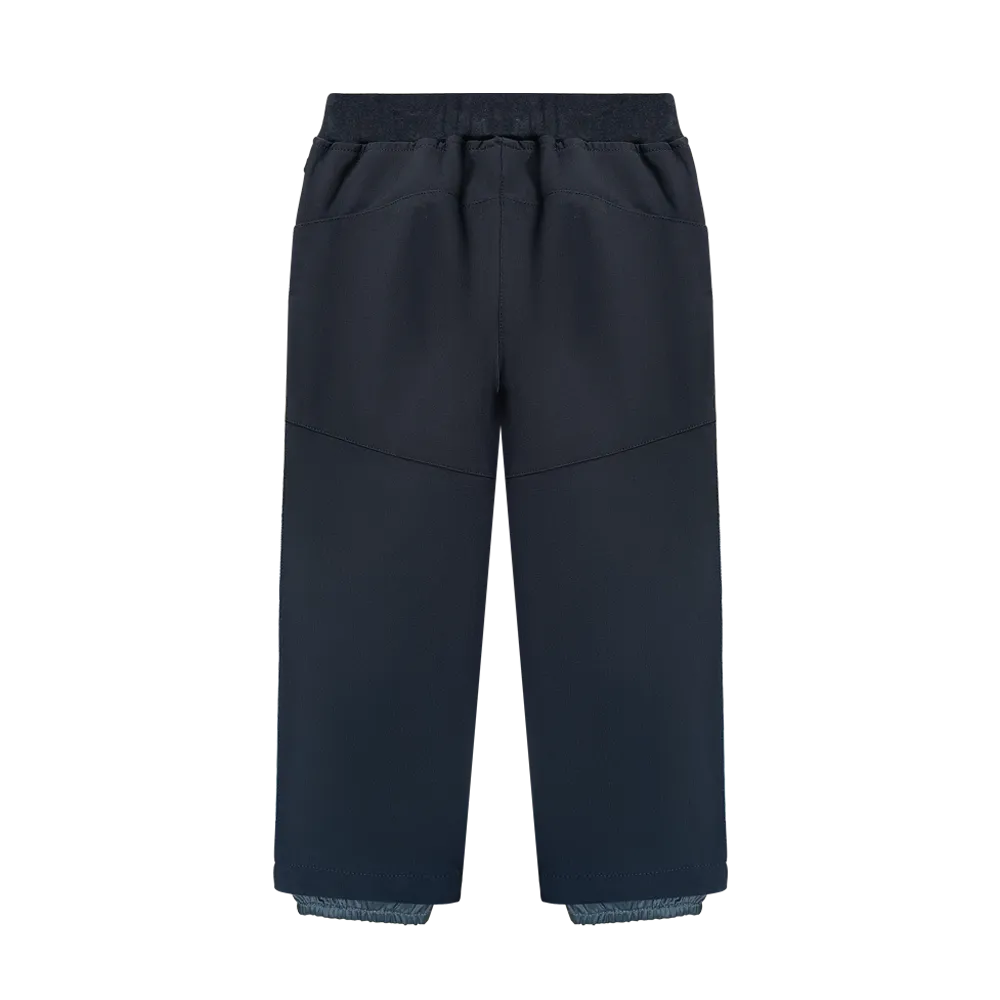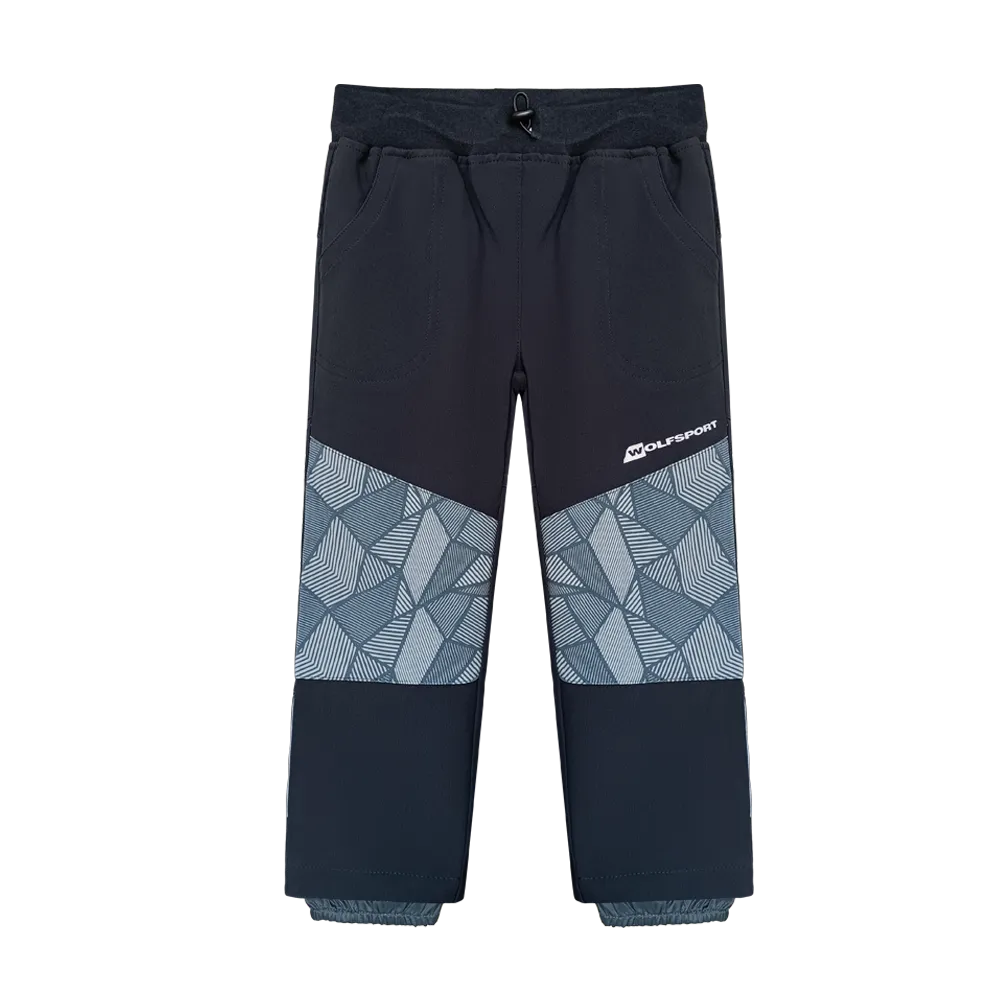The Importance of Oil Resistant Workwear Protecting Workers and Ensuring Efficiency
In various industrial settings, the safety and comfort of workers are paramount. One of the critical aspects of ensuring worker safety is the type of clothing they wear. Among the essential attire in numerous fields—such as manufacturing, construction, and automotive industries—is oil-resistant workwear. Understanding the significance of this specialized clothing can help employers make informed decisions to protect their workforce and enhance productivity.
What is Oil Resistant Workwear?
Oil-resistant workwear refers to clothing designed to withstand exposure to oil and other petroleum-based substances. This specialized apparel is typically made from materials that provide an effective barrier against spills, stains, and splashes. The garments range from coveralls and jackets to pants and gloves, ensuring that workers can perform their tasks without the added risk of slipping or skin irritation from oil exposure.
Importance of Oil Resistance
1. Worker Safety The foremost reason for using oil-resistant workwear is to enhance worker safety. Oil spills can create hazardous conditions, leading to slips and falls that may result in injuries. Oil-resistant materials provide better grip and traction, minimizing the risk of accidents. Additionally, these garments often come with reinforced seams and durable fabrics, making them suitable for rigorous activities without compromising safety.
2. Comfort and Mobility Oil-resistant workwear is designed with the worker's comfort in mind. The materials used are often lightweight and flexible, allowing employees to move freely while performing their duties. Comfortable work attire helps reduce fatigue, enabling workers to maintain focus and productivity throughout their shifts. This is especially important in sectors where dexterity and movement are crucial, such as in mechanical repairs or assembly lines.
3. Durability and Longevity Traditional clothing may degrade quickly when exposed to oils and other harsh substances. Oil-resistant workwear is engineered to withstand these challenging conditions, making it a cost-effective choice in the long run. By investing in durable garments, employers can reduce the frequency of clothing replacements, ultimately leading to savings on workwear expenses.
4. Enhancing Professional Image Beyond safety and durability, oil-resistant workwear contributes to a company’s professional image. Uniforms that meet industry standards not only protect employees but also convey a sense of responsibility and professionalism. This image can foster greater trust and confidence among clients and stakeholders, impacting business relationships positively.
oil resistant workwear
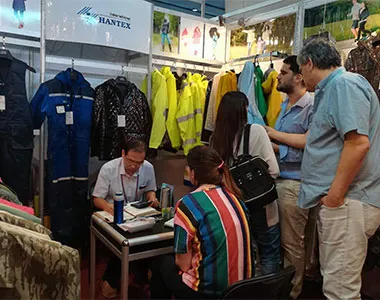
5. Compliance with Regulations Many industries are subject to Occupational Safety and Health Administration (OSHA) regulations and other safety standards that require specific protective clothing. Providing oil-resistant workwear ensures compliance with these regulations, helping companies avoid potential fines and legal issues related to workplace safety.
Choosing the Right Oil Resistant Workwear
When selecting oil-resistant workwear, several factors should be considered
- Material Look for garments made from high-quality fabrics that resist oil, stains, and abrasions. Common materials include polyester, canvas, and specialized synthetic blends that offer both comfort and protection.
- Fit and Comfort Ensure that the clothing fits well and allows for a full range of motion. Options like adjustable cuffs, waistbands, and breathability features can enhance comfort in various working conditions.
- Industry-Specific Needs Consider the specific requirements of the industry. For instance, workers in the automotive sector may require gloves that offer better dexterity, while those in food processing might need additional compliance with hygiene standards.
Conclusion
In summary, oil-resistant workwear plays a crucial role in ensuring the safety, comfort, and productivity of workers in various industries. By investing in high-quality, durable clothing that meets safety standards, employers not only protect their workforce but also enhance their professional image and comply with regulations. As industries continue to evolve, the importance of specialized protective gear like oil-resistant workwear will remain a significant focus for workplace safety and efficiency.








